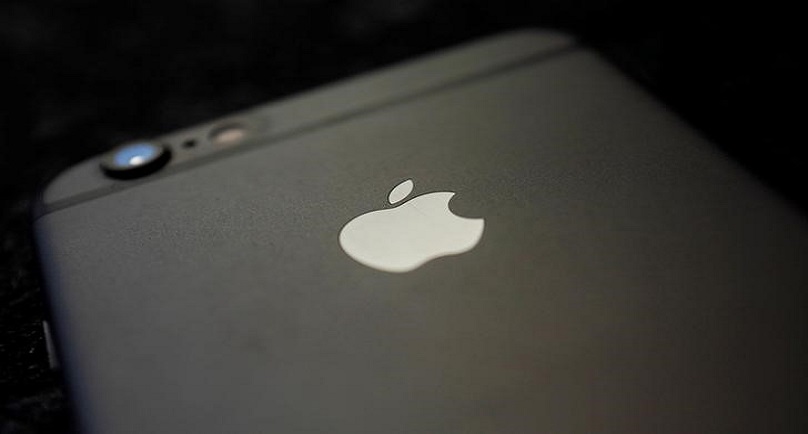Image: Details are pictured on the backside of an Apple Iphone 6 on a table in a restaurant in Hanau, Germany, April 10, 2016. REUTERS/Kai Pfaffenbach
By Nate Raymond
NEW YORK (Reuters) – The U.S. Justice Department on Friday dropped its effort to force Apple Inc to help unlock an iPhone in a drug case in New York after someone provided authorities the passcode to access the device.
In a letter filed in federal court in Brooklyn, New York, prosecutors said that investigators late on Thursday used that passcode to access the iPhone at issue, and as a result “no longer needs Apple’s assistance.”
The letter marked a sudden end to a closely watched case, in which the Justice Department had been appealing a ruling by a federal magistrate judge holding that he could not force Apple to assist authorities.
The case gained further significance after prosecutors in March dropped a similar effort to force Apple to help access an iPhone used by one of the shooters in December’s San Bernardino killings, after a third party provided a way to crack it.
Justice Department spokeswoman Emily Pierce said the cases have “never been about setting a court precedent; they are about law enforcement’s ability and need to access evidence on devices pursuant to lawful court orders and search warrants.”
An Apple spokesman declined comment.
Prosecutors had been challenging a Feb. 29 ruling by U.S. Magistrate Judge James Orenstein holding he did not have the authority to order Apple to disable the security of an iPhone seized in a drug probe.
The case predated the government effort to force Apple to help access the phone of Rizwan Farook, one of the two killers in the San Bernardino massacre, which left 14 people dead and 22 wounded.
While the Justice Department dropped that bid after a third party provided a way to access the San Bernardino phone, it continued appealing Orenstein’s ruling.
FBI Director James Comey has said that the method used on the San Bernardino iPhone 5c would not work on other models, including the iPhone 5s, the type in the Brooklyn case.
That phone belonged to Jun Feng, who has pleaded guilty to participation in a methamphetamine distribution conspiracy, which prosecutors are continuing to investigate.
Unlike the phone used in San Bernardino, Feng’s phone had an older operating system, iOS 7, which is not protected under the same encryption technology, which is why Apple could access it.
Apple has some 70 times before the Brooklyn case emerged helped authorities access data on iPhones, according to court filings.
(Reporting by Nate Raymond in New York; additional reporting by Dustin Volz in Washington; Editing by Sandra Maler)
Copyright 2015 Thomson Reuters. Click for Restrictions.


